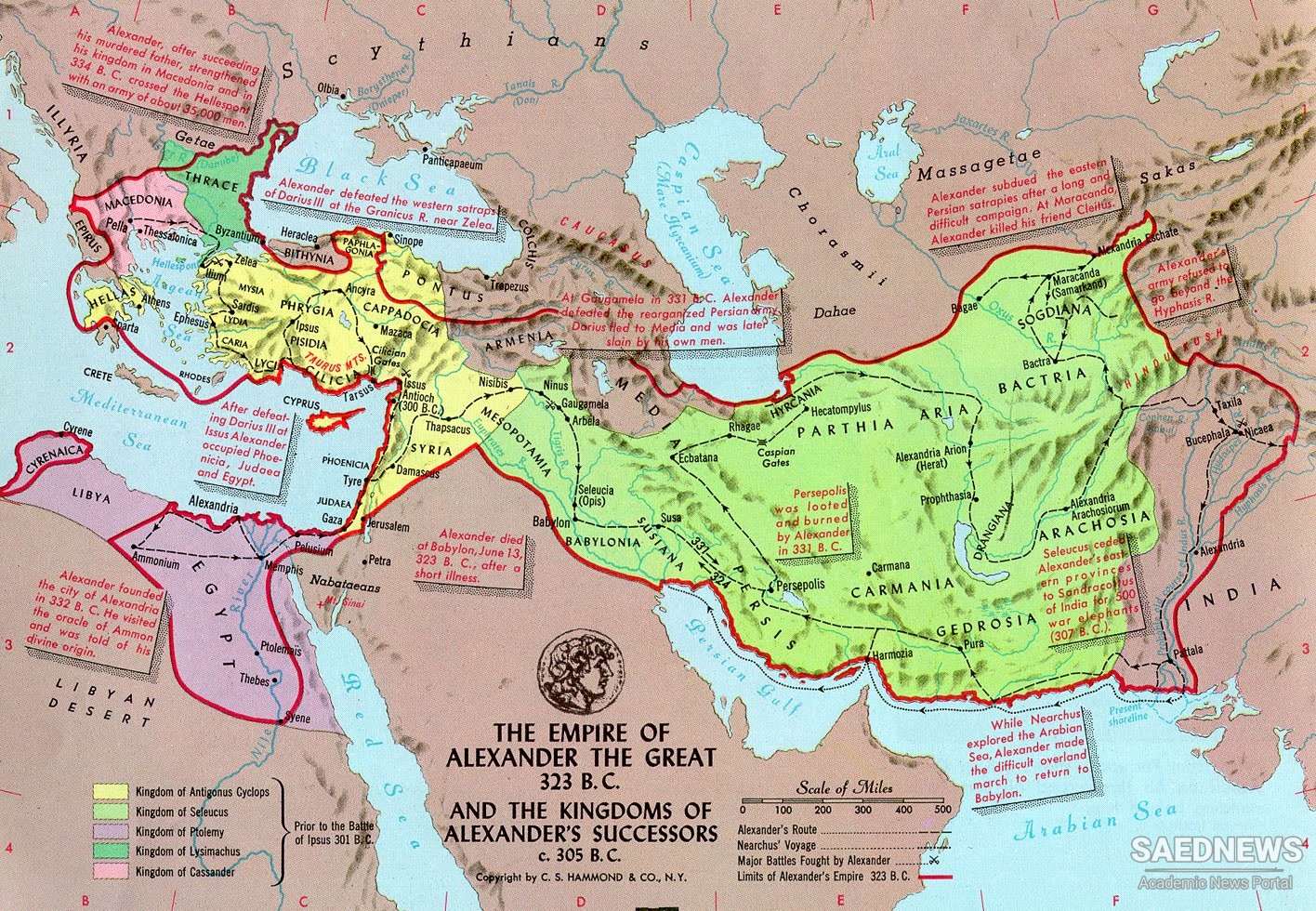The countryside of Selucid Iran was left to the Iranians. The village was a fiscal and economic unit, but its life remains virtually unknown. A Greek observer in 210 B.C. notes the importance of underground irrigation canals (qarzdts). We do not know whether the Seleucids ever thought of spreading the use of this ingenious device, or otherwise tried to improve the agricultural technology as the Lagids did in Egypt. The chieftains of tribes and the khans continued to rule over their men and villages and exploited the peasant as they did before and after the Seleucids. The potentates at Stakhr, near Persepolis, could strike their own silver coins with legends in Aramaic and the fire altar on the reverse. Country people spoke in their Iranian dialects, or even in Elamite, and the scribes, as under the Achaemenians, recorded transactions in Aramaic. As long as peace reigned, so that the roads were reasonably secure, and the taxes were collected, the Seleucids did not intervene in local matters. The tax collector was probably the main link between the Greek and the Iranian Iran. This "salutary neglect", to quote Burke again, eliminated the most serious and the most frequent cause of friction between an alien ruler and an indigenous population. Keeping aloof, the Iranians did not need to resent the invaders. They were able to ignore them, and as an ancient historian notes, passively accepted the succession of their Macedonian overlords. The Greek and the Iranian Iran also more or less ignored one another in cultural matters. Being polytheists, the Greeks respected the local gods; Nanaia continued to be worshipped in Susa-Seleucia, just as an Iranian from Bactria coming to Delos made offerings to Apollo. It is true that in times of financial stress the Seleucids sometimes plundered Oriental temples, but it was Mithridates I of Parthia who sacked the main sanctuaries of the Elymais. As to private cults, nobody was impeded if he wanted to worship some exotic deity, be it Sarapis from Alexandria or the Cappadocian goddess Ma. The Greeks still clung to their ancestral gods; they worshipped them even in Persepolis. Greek colonists from Magnesia on the Meander in western Asia Minor brought their (originally Thessalian) gods to Antioch on the Persian Gulf (now Bushire). Likewise, Greek colonists gave Greek names to Iranian rivers and mountains. The Oriental settlers generally erected a new structure on the ruins of the old building; Greek settlements were built anew. Even on a small island off the Arabian coast (Ikaros, now Failaka), first a military post, then a tiny Greek colony was planted by the Seleucids.


 Seleucid Persia and Problem of Hellenism
Seleucid Persia and Problem of Hellenism














































